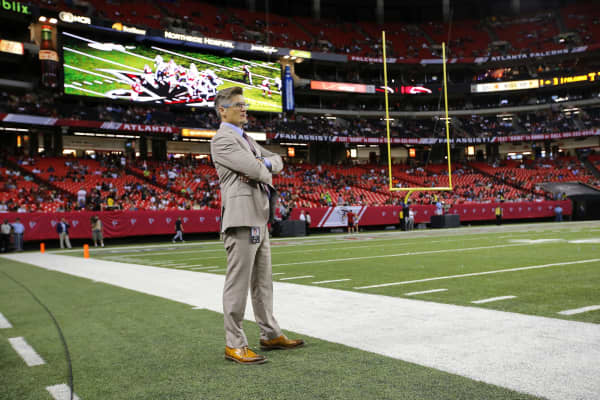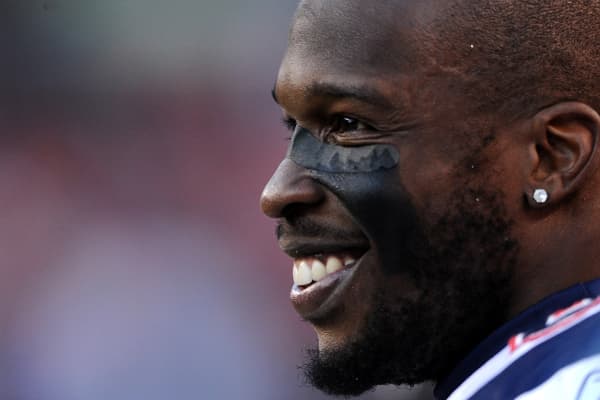The first football game I ever watched was the 2001 Super Bowl victory by the New England Patriots over the best team in the league that year, the St. Louis Rams.
That win helped begin what has been an uninterrupted success. Since that 2001 victory, the Patriots have been to the playoffs 13 out of 15 years, have had nine Semi-Final Appearances, seven Finals Appearances and four League Championships.
Since co-founding my own start-up at Exact Media, I've come to appreciate the organization that is the New England Patriots even more than the team itself.
The Patriots are the picture of stability in a league filled with constant change. It's a great parallel to what it feels like to build a company.
After following this team for 15 years, there are five lessons from this organization that I continue to embrace in my daily life.








